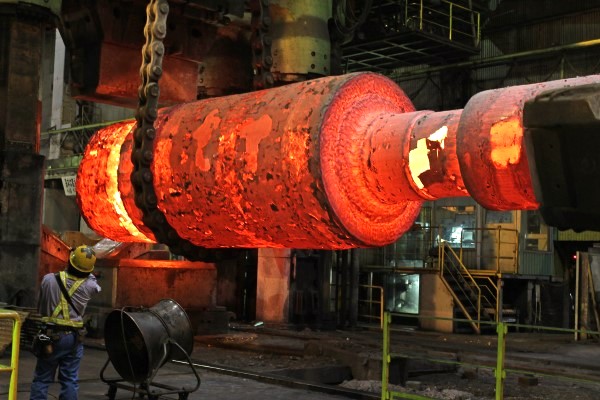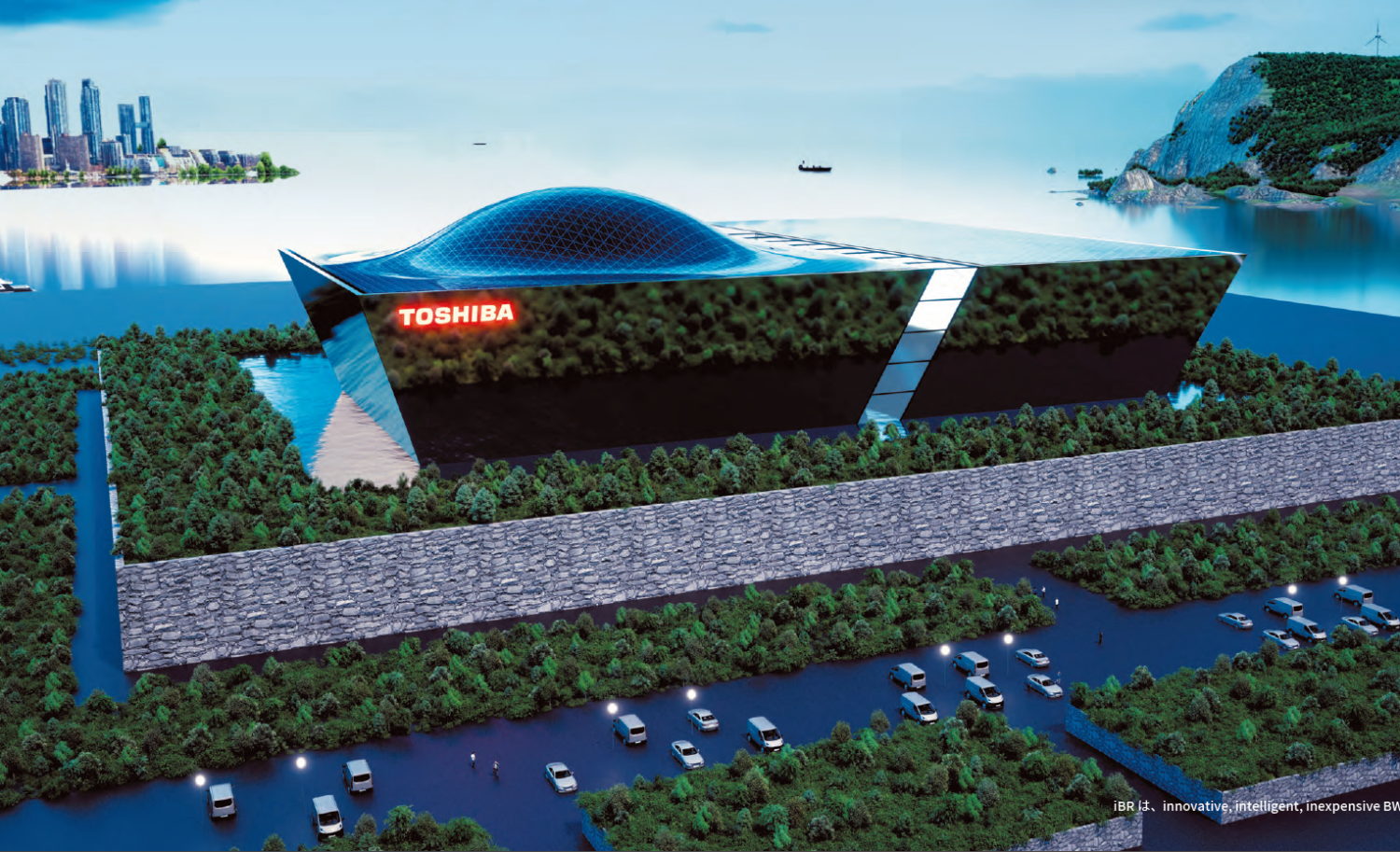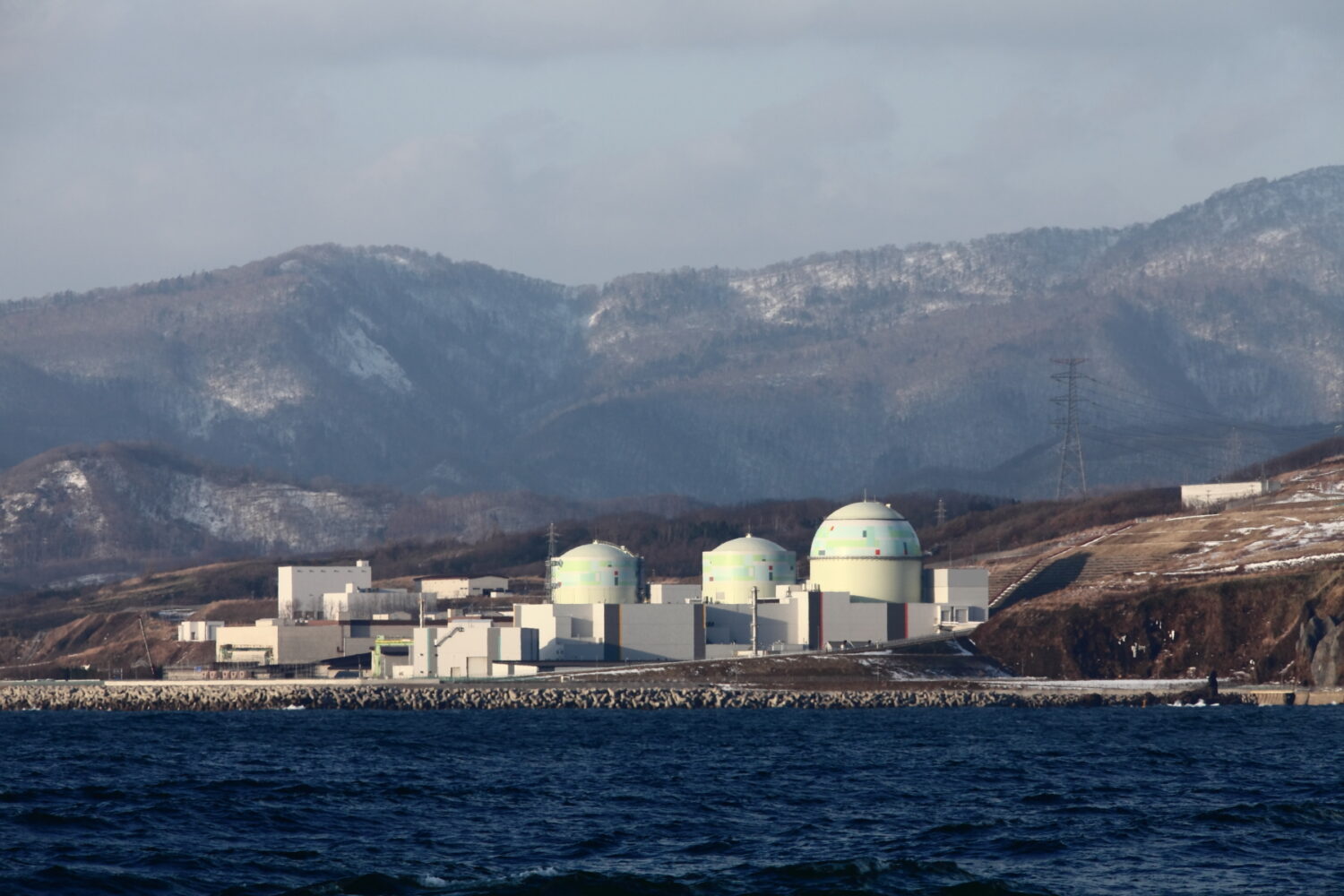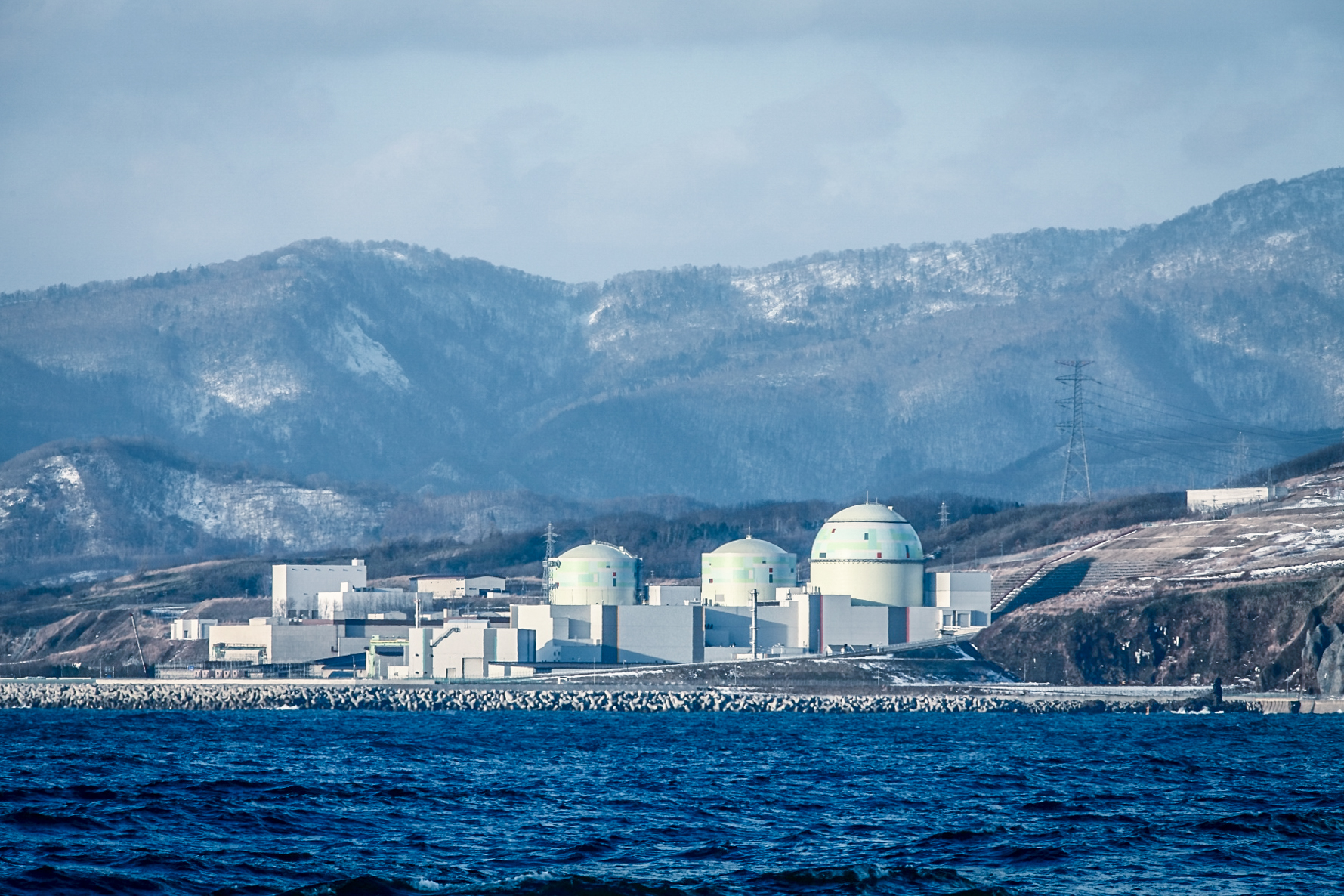In Japan’s strategic road map for fast reactor development, which was revised at the end of last year, work on a conceptual design for a demonstration reactor is to begin in 2024.
Included in the revised scope of cooperation are consideration of larger fast reactors with greater economic efficiency, the safety of metal fuels, among other items, all subjects of interest to TerraPower. As a result, Japan-U.S. cooperation in fast reactor development will be strengthened toward achieving the goal of carbon neutrality.
TerraPower is a nuclear innovation company established by Bill GATES, co-founder of Microsoft Corporation. Currently, its small SFR “Natrium” (345MWe)―to be built in Wyoming to replace a coal-fired thermal plant―is being developed with support from the U.S. Department of Energy (U.S. DOE) under the U.S. DOE’s Advanced Reactor Demonstration Program (ARDP). Construction of the Natrium reactor is expected to start by the end of this year, with operation eyed in 2030.
Japan’s strategic road map for fast reactor development was revised in December 2022. In July 2023, in accordance with the development schedule, wherein specifications of a reactor concept are to be chosen around the summer of 2023 and creation of a conceptual design and R&D of a demonstration unit are to be carried out from FY24 to FY28, a tank-type sodium-cooled fast reactor proposed by MFBR―650MWe, a different type from the prototype fast breeder reactor (FBR) Monju―was selected as the demonstration reactor.
Upon the signing of the new memorandum, JAEA President KOGUCHI Masanori said that JAEA would like to “further develop the U.S.-Japan cooperative relationship,” and Senior General Manager KATO Akihiko of MHI’s Nuclear Energy Systems Division said that his firm would “make use of its technology and experience fostered over many years.”
Meanwhile, TerraPower President Chris LEVESQUE said that he welcomed Japan’s enthusiasm for bringing advanced reactors to market. He stressed the significance of the development of large SFRs through U.S.-Japan cooperation to achieving carbon neutrality, and said that it was necessary to “deploy advanced reactors around the world starting in the 2030s.”











-013.jpg)

-049.jpg)
.jpg)




